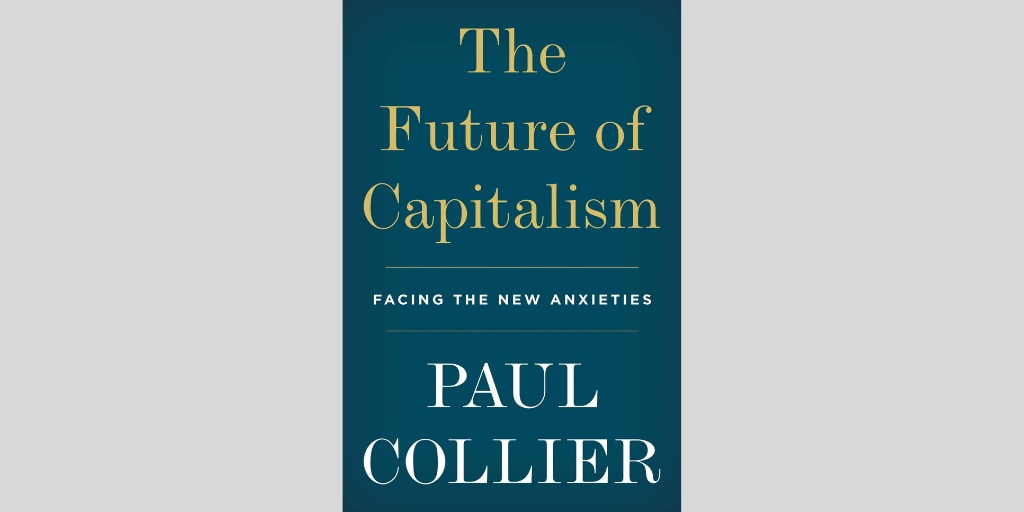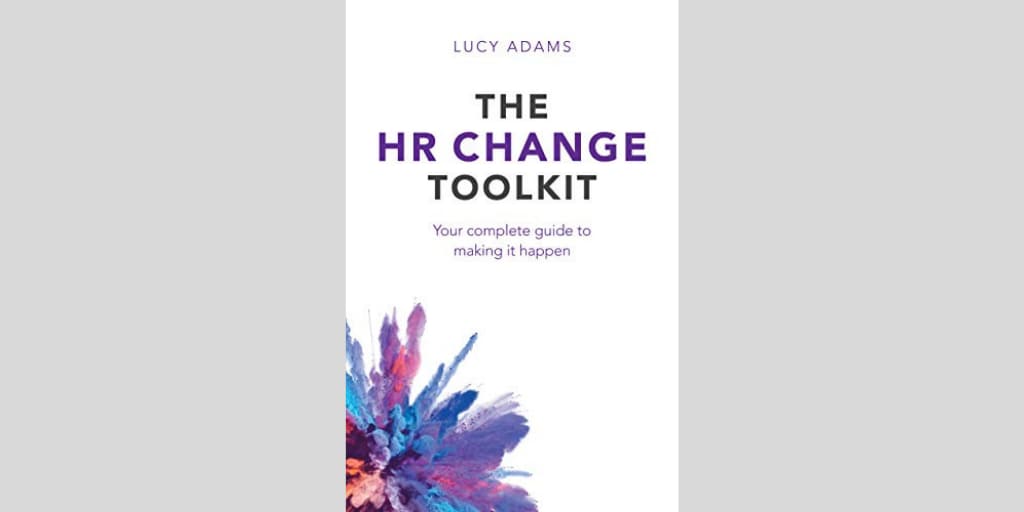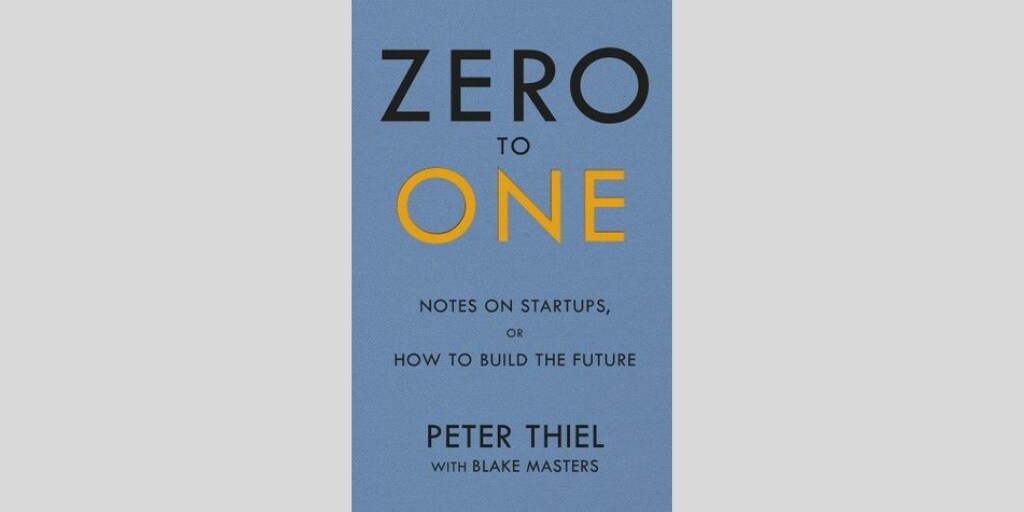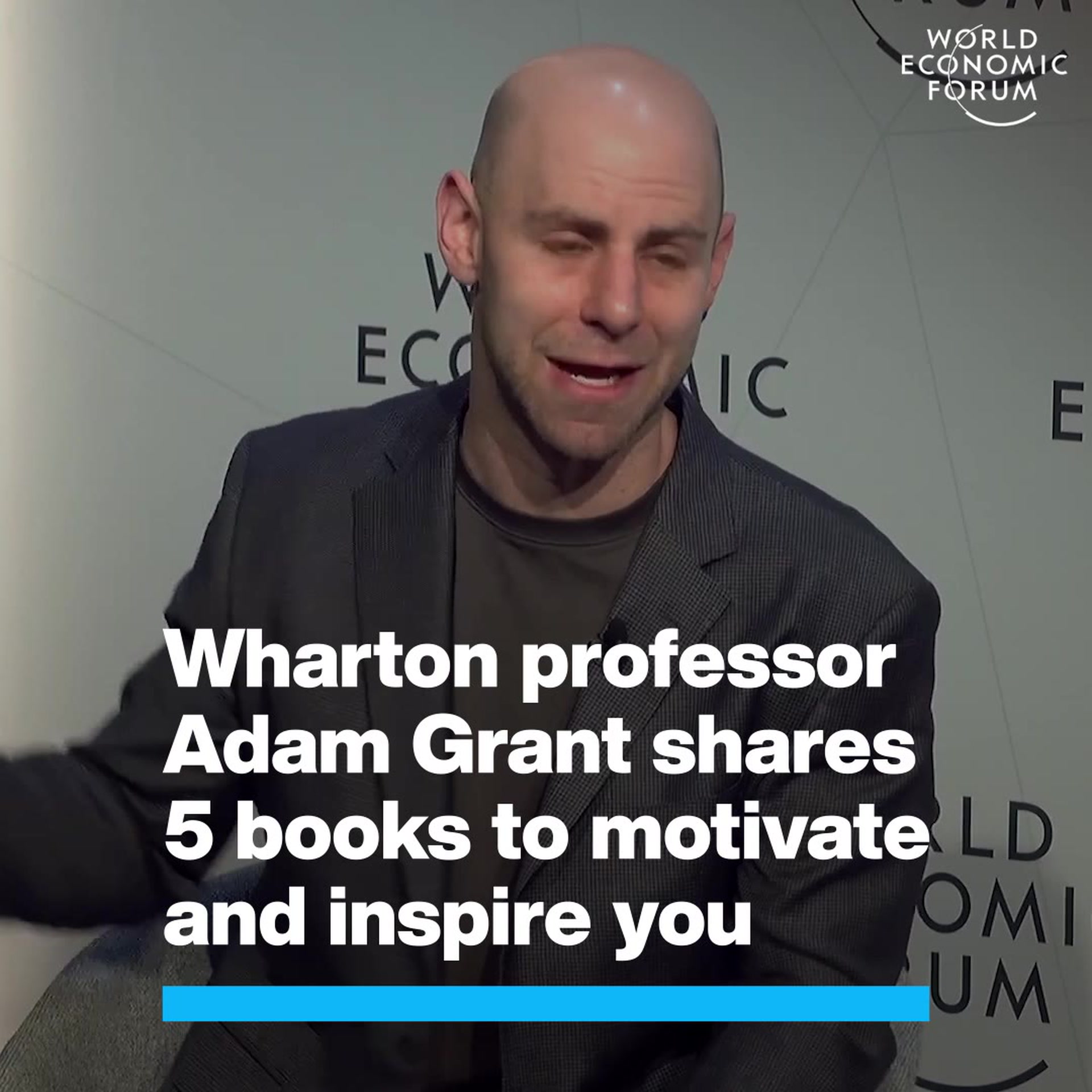Our favourite books of summer 2019

From The Future of Capitalism to On the Road, the World Economic Forum staff recommend their top books of the season.

Get involved with our crowdsourced digital platform to deliver impact at scale
Stay up to date:
Book Club
As the summer is coming to an end, here are 10 books some of us here at the World Economic Forum have enjoyed.
What is the World Economic Forum's Book Club?
1. The Levelling - What's Next After Globalisation by Michael O'Sullivan
This first pick is recommended by our founder, Klaus Schwab: "I recommend this book to everyone - it captures the challenges we face today, puts them into a historical context, and provides some possible recipes for the future. It is easy reading with great insights."

2. The Future of Capitalism by Paul Collier
The second book to feature on our list is suggest by the President of the World Economic Forum, Børge Brende.
"At a time of economic inequality and societal division, this gripping book offers recommendations for strengthening capitalism through policies that promote more inclusive, sustainable growth. Professor Collier argues that only by abiding by ethical and environmental principles will market economies be able to promote innovation, mend divides, and deliver prosperity to those left behind."

3. The HR Change Toolkit: Your Complete Guide to Making it Happen by Lucy Adams
The third pick on this list was recommended by Managing Director, Head of People and Culture, Emma Benameur. Lucy Adams' book provides human resources teams essential skills for the future. Among its pearls of wisdom: "If you scale back the number of new service developments you have, you’ll be able to drive through the key ones and make a bigger impact."

4. Is There Any Hope for the Japanese Economy? by David Atkinson
Makiko Eda, Chief Representative Officer, Japan, says of Is There Any Hope for the Japanese Economy?: "The book not only covers the challenges Japan holds today, including population decline, ageing, and capitalism based on objective data-driven analysis, but it also gives practical and intriguing approach to grow the nation's potential and its future."

5. The Prosperity Paradox: How Innovation can Lift Nations Out of Povery by Clayton M. Christensen, Efosa Ojomo and Karen Dillon
This book was recommended by Elsie Kanza, Head of the Regional Agenda, Africa. "In The Prosperity Paradox, Clayton M. Christensen, Efosa Ojomo, and Karen Dillon reveal a paradox at the heart of most approaches to solving poverty. While noble, current solutions are not producing consistent results, and in some cases, have exacerbated the problem. At least twenty countries that have received billions of dollars’ worth of aid are poorer now.
Applying the rigorous and theory-driven analysis he is known for, Christensen and his co-authors suggest a better way. The right kind of innovation not only builds companies—but also builds countries. The Prosperity Paradox identifies the limits of common economic development models, which tend to be top-down efforts, and offers a new framework for economic growth based on entrepreneurship and market-creating innovation. Christensen, Ojomo, and Dillon use successful examples from America’s own economic development, including Ford, Eastman Kodak, and Singer sewing machines, and shows how similar models have worked elsewhere, including Japan, South Korea, Nigeria, Rwanda, India, Argentina, and Mexico."

6. The Moment of Lift: How Empowering Women Changes the World by Melinda Gates
Sarah Shakour, specialist from the Marketing team, recommends our Book Club May pick, The Moment of Lift by Melinda Gates. "In a world where it is sometimes easier to roll our eyes, criticize and put each other down, Melinda Gates carefully articulates the importance of empowering each other as women. This book provides a fresh outlook, even if you think you do not perpetuate symptoms of disparity, and ways to ultimately better ourselves and lift each other up."

7. This is going to hurt by Adam Kay
Robin Pomeroy, an Editor on the Digital Media Team, writes: “This Is Going to Hurt, the diary of a young doctor struggling with impossible working hours and unrelenting stress, veers from laugh-out-loud comedy to tear-jerking pathos - sometimes in a single sentence. Not for the squeamish or anyone easily offended by bodily functions or the gallows humour that is essential for anyone working on the front lines of healthcare."

8. Zero to One by Peter Thiel
Sriram Gutta, Head of Community Development, for the Regional Agenda for India and South Asia, says: "Zero to One is among the most interesting books I have read over the past few months and is a lively read for entrepreneurs, investors and for indeed anyone interested in business and economics. Thiel urges people to abandon incremental thinking, think big and start small and create something new. If I were to start-up again, I will definitely go back to some of the refreshing insights in this practical guide."

8. On the Road by Jack Kerouac
Aylin Elci, Communications Officer on the Media Team, recommends this classic novel: "Readers get a privileged access to the beat generation and its chaotic yet poetic culture, through Kerouac's account of the type of trip everyone should take at least once in their life: the road trip. 50 years on, developments Kerouac would've probably never imagined bug the minds of intrepid souls: visas, flight-shaming, refuelling of electric cars, decaying road infrastructures... and while they figure out how to reconcile spontaneity with modern life they can always escape into this classic."

10. SPQR by Mary Beard
The last pick on this list is mine, and I am recommending the July book for the World Economic Forum's Book Club: SPQR: A History of Ancient Rome by Mary Beard. It's a fascinating account of the Roman Empire, from battles, to the emperors that ruled, to daily life in Rome and its surrounding cities. An absolute must-read.
To join the World Economic Forum's Book Club, click here.
To follow the Book Club on Instagram, click here.
To follow the Book Club on Twitter, click here.
Don't miss any update on this topic
Create a free account and access your personalized content collection with our latest publications and analyses.
License and Republishing
World Economic Forum articles may be republished in accordance with the Creative Commons Attribution-NonCommercial-NoDerivatives 4.0 International Public License, and in accordance with our Terms of Use.
The views expressed in this article are those of the author alone and not the World Economic Forum.
The Agenda Weekly
A weekly update of the most important issues driving the global agenda
You can unsubscribe at any time using the link in our emails. For more details, review our privacy policy.
More on Book ClubSee all
Ian Shine
November 27, 2023
Rebecca Geldard
June 2, 2023
Emma Charlton
May 31, 2023





